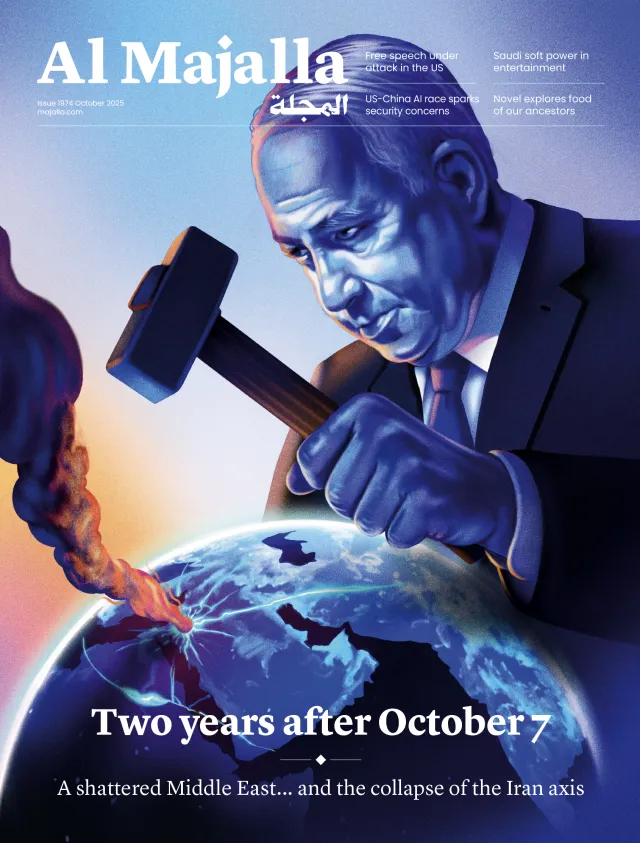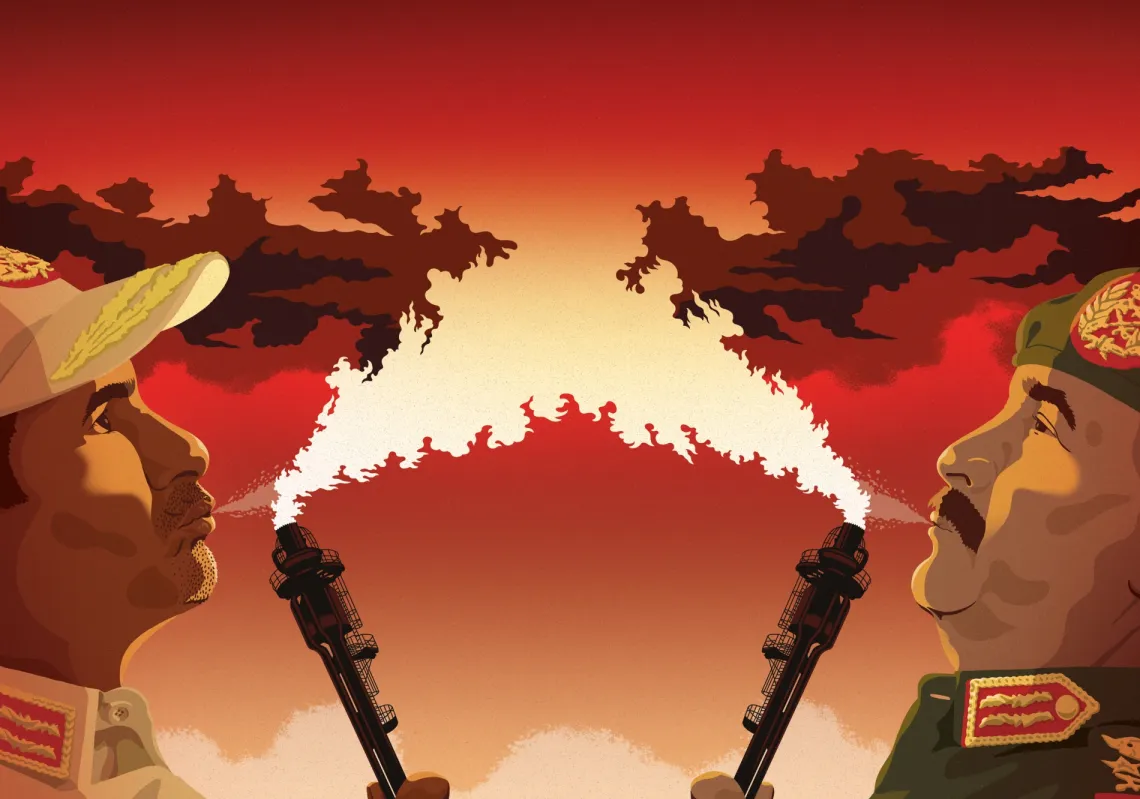The United States would welcome a transformation of its relations with Syria, as it desires good relations with all other countries, but it is doubtful that the Syrian government would dare to make such a shift. Can Bashar Al Assad be the next Anwar Sadat? It is very unlikely since Sadat was a man of supreme self-confidence and Assad seems to be the opposite.
This may have something to do with temperament, but above all it is because the Syrian regime is inherently unstable. It does not rest on the will of the people but rather on an ideological base and an ethnic base.
The ideological base is Ba’athism, a strange amalgam of the two worst ideas produced by the West, namely, fascism and communism, and one idea produced by the East which has proved an utter failure, namely, pan-Arabism. It is, in short, a completely bankrupt, even idiotic idea, and it is improbable that anyone still believes in it, but the Ba’ath Party endures as a kind of gang or ruling clique.
The other base is ethnic, namely the common Alawite heritage of the Assad family and the most powerful figures in Syrian security forces and regime. Since Alawites constitute only a small minority of Syrians, it is reasonable to assume that many other citizens resent their monopoly of power and that the rulers fear a backlash if they loosen their grip.
According to the authoritative annual survey by Freedom House, Syria is one of the 17 most repressive states out of the world’s 193 independent countries. Apparently, this is because its rulers are frightened of their own citizens. (For the same reason, I suppose, the Syrian government refuses to give me a visa to visit that country so that I might hold conversations with other writers and academics.)
The Syrian regime seems to feel most secure casting itself as a member of the bloc of resistance—against Israel, America, and the West. This bloc includes Iran, Hamas, Hezbollah, and various other jihadist groups. Needless to say, this alliance only underscores the absurdity of Ba’athism which is supposed to be secular. The regime also nurtures imperial fantasies, namely that Syria will consolidate control over Lebanon and perhaps even in the long run over “Southern Syria,” that is, Palestine.
None of this serves the interests of the Syrian people. The price they pay, in addition to living under a cruel and repressive regime, is isolation from the modern world and low economic growth due to scarce foreign investment, inefficient state enterprises, and wasteful spending on military and security forces.
Syrians would be much better off if they lived in a normal country, at peace with its neighbors, not only Israel but also Iraq and Lebanon; integrated into the global economy; and leaving behind all the phony heroic hoopla of “revolution” and “resistance” and “greater Syria.” In such a country they would be free to focus on their jobs and businesses, their faiths and interests, and to make comfortable lives for themselves and better lives for their children whom they might send to the world’s best universities.
The only losers in such a scenario (apart from the militant groups who today enjoy Syrian patronage and the rulers in Tehran who enjoy having Syria as a satellite), might be the present rulers. Without this narrative of fighting the various outsiders, how could they justify their continued fierce repression, the closing of salons, and the imprisonment of intellectuals, lawyers and peaceful human rights advocates?
To return to the comparison with Anwar Sadat, he of course was no democrat, but he turned Egypt away from Nasser’s totalitarianism, freeing its economy and other aspects of public and political life. Bashar Assad shows no signs of such vision and courage.
Unfortunately for him, however, time is not on his side. He is still young and no doubt wants to rule a long time. But the world is growing more free, democratic, and integrated. The Middle East has lagged in this respect, but even here the whiff of freedom is in the air, blowing now from the streets of Tehran. Imagine how lonely Bashar will be when the Khamenei/Ahmadinejad dictatorship falls. He would be wise to make his peace with the outside world now. But first he must make peace with his own people.







